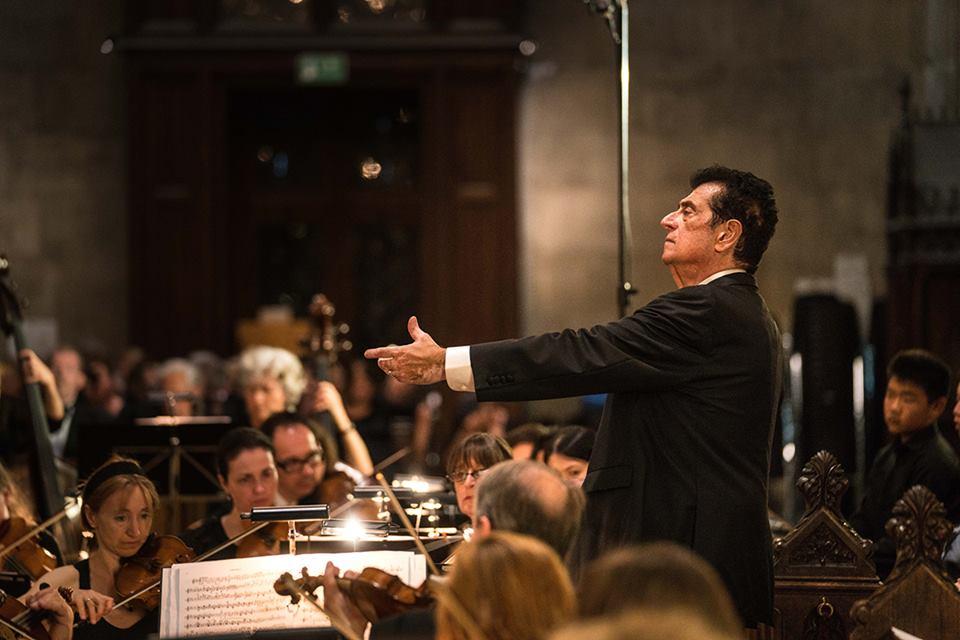Forty years ago, Peter Tiboris left his tenured position at a top university, packed up his young family, and moved from middle America to New York to challenge himself musically. From that, he has created an operation that has put more than 4,400 choruses on top stages around the world, presenting 1,493 concerts, largely at Carnegie Hall.
“The key is about the music,” said Mr. Tiboris.






